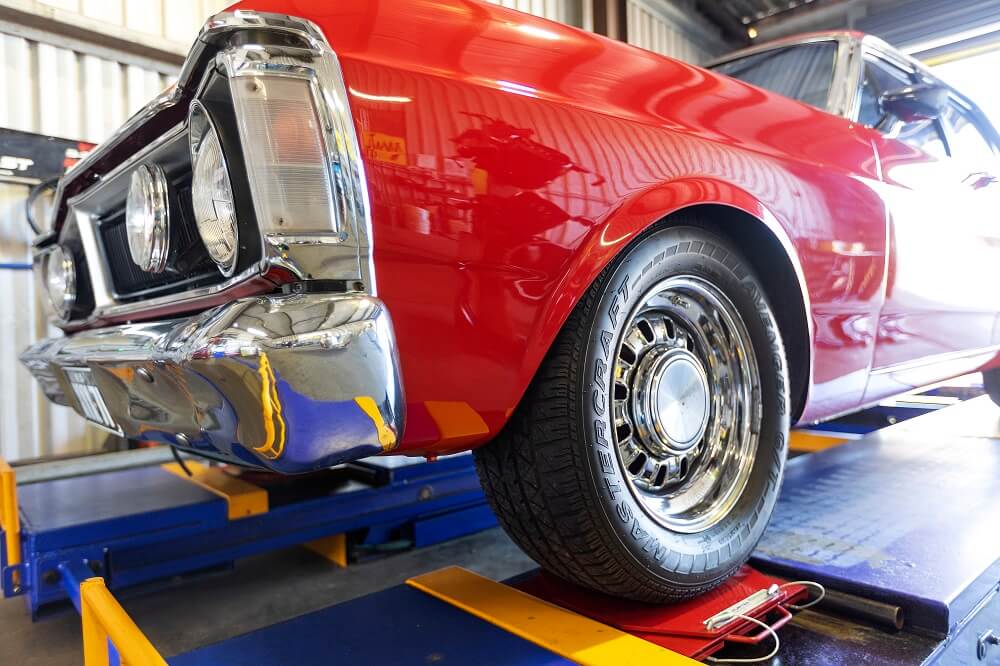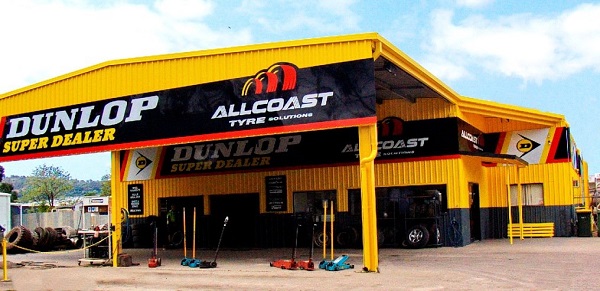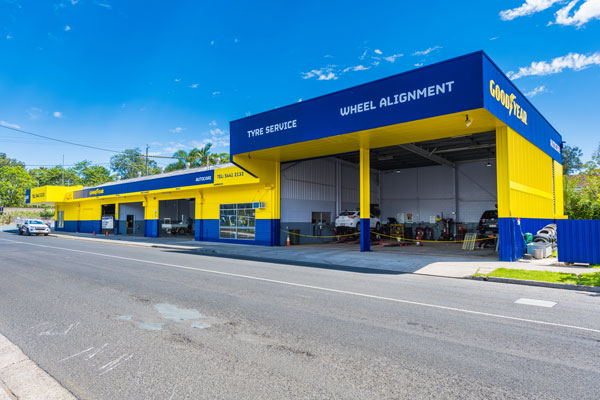
Steel Vs Alloy Wheels
Friday 28 October 2022
Back to Latest News
Do you want to make sure that you are choosing the best steel or alloy wheels for your car? If so, you have come to the right place. Here you can find out which ones are most suited to you as well as find out the pros and cons of each.
Steel VS Alloy Wheels- What's the Difference?
Simply put, alloy is a substance that is created by combining two or more elements. At least one of them should be metal. The mixture tends to mean that it has corrosion resistance and much higher strength. A lot of the cars that you see in this day and age tend to be made out of a mixture of aluminium and magnesium. This gives the best structural integrity. Steel is technically an alloy too and made out of carbon and iron. If you want to know both advantages, take a look below.
What are the Advantages of Choosing Alloy Wheels?
There are some advantages to choosing alloy wheels, some of which can be found below.
Alloy Wheels are Stylish
Alloy wheels tend to look better. You may have heard of diamond-cut alloys or even laser-edged alloys for this very reason.
They're Lighter
Another major thing to know about alloy wheels is that they are lighter. The lighter weight helps to reduce the overall weight of the vehicle, and this can translate to a much higher fuel economy. You may also find that you have better braking, acceleration and even a longer tyre life overall.
Better Performance
Wheels are completely independent of the suspension system. This means that the weight of the alloy gives less inertia to the general coil spring. This translates to less wear and tear, and better overall vehicle dynamics.
Corrosion Free
You probably know this by now, but you should know that aluminium alloys are known for the fact that they can resist any type of corrosion. They are immune to the rust that could well eat away at the steel tyres you have.
What are the Disadvantages of Alloy Wheels?
There are some disadvantages to alloy wheels as well. If you want to find out more about them, then take a look below.
Alloy Wheels can be Costly
Alloys are not pure metal, and this means that they can be expensive to buy or repair. This is usually the main reason why you will find them in higher versions of a car.
Less Flexible
Steel wheels are not stronger when compared to alloy wheels. Alloy wheels are actually able to meet the same loading and strength requirements as steel, but with less weight. That being said, the material is not flexible at all, which means it can crack or even bend upon impact. Steel is malleable and this means that if a rim was to be bent, it can be hammered back into place. With alloy wheels, you cannot do this.
What are the Advantages of Choosing Steel Wheels?
Steel wheels are made out of steel and this is one of the most robust forms of iron out there. It has huge durability and strength, not to mention that it is often used in major construction projects. In cars, steel wheels have been around for decades, and tend to be the go-to option for a lot of different reasons. Some of the main advantages of choosing steel wheels are as follows:
Steel Wheels are Not Expensive
One thing to know about steel wheels is that they are not expensive. The construction of them is easy and this makes them very affordable to buy. Steel costs around 80% less to make when compared to alloy and this translates to the price you pay.
Steel Wheels can be Repaired
Steel wheels are often seen on durable rugged SUVs due to the fact that they have a good off-roading capability. Steel is also much more malleable as mentioned above, and this makes them incredibly easy to repair.
What are the Disadvantages of Steel Wheels?
The disadvantages of steel wheels can be found below:
Steel is Heavier
It's important to know that steel wheels are heavier, and this increases the unsprung weight of the car.
Steel Wheels can Corrode
Steel is very prone to corrosion and if you live in a humid area, then this can take its toll. That being said, modern painting has helped to ensure that wheels are able to resist corrosion to a great level.
So, the wheels you choose comes down to your personal preferences, and the car you have. This guide should help you to make your decision with ease. Use the contact form here to talk to our team.




